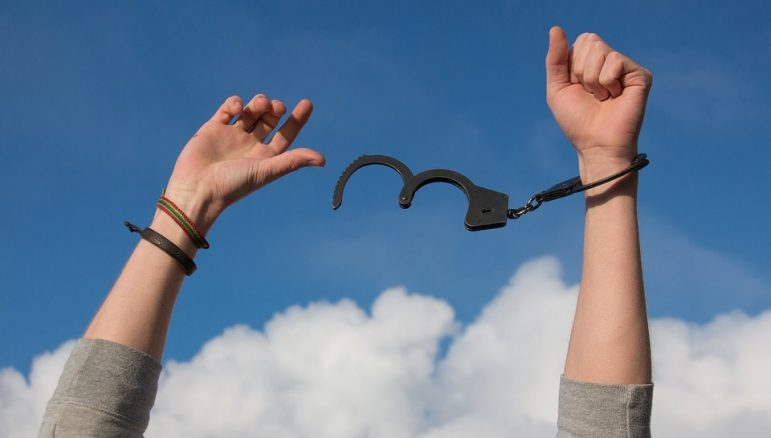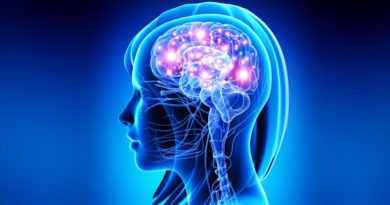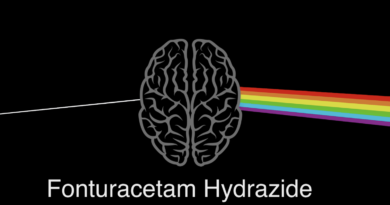The Downsides of Addiction and How Does Rehabilitation Work
What starts with a simple experiment can become a dependency, as addiction can quickly get out of control. When a person gets addicted, it starts taking control over their lives. They start changing from who they are to not being able to function without substances.
Addiction is a public health crisis, and it has the potential to throw society off its balance. People who are battling addiction have a hard time holding responsibilities. It is also a mental health condition that needs professional intervention.
So, if someone is going through addiction, they need help. To further understand addiction, it is essential to understand what the downsides of addiction are. It is also pivotal to note that there is nothing shameful about addiction. It can happen to anyone, and it is courageous to acknowledge if an individual needs help. Here are some downsides of addiction:
- You Start Developing Mental Health Issues
Addiction can unbalance the way you think. You stop reasoning and may even start getting paranoid, depressed, and anxious. In severe cases, you may even begin to self-harm. Your irritation may also be at its peak, and you may start lashing out at the minor inconvenience.
The people around you also start noticing these issues since you will have trouble holding a conversation. You may even start showing signs of apathy. Hence it is suggested to start looking for treatment centers to get immediate help before matters worsen.
- Your Physical Condition Depletes
If you’re struggling with depression, it starts taking over your life. You may begin to neglect your appearance, including your hygiene. Abusing substances push you to the edge. You’re too agitated to focus on any task for long. So showering, cleaning your nails, or even your oral health begin to look trivial. Suppose your source of addiction is drugs. Some of them impact your teeth. They get discolored and start rotting prematurely. Your weight also fluctuates drastically, mainly because you have trouble eating and keeping food down. You also start getting sick almost every day and develop rashes as a side effect of your addiction.
- You Can’t Hold Responsibilities
Getting work on time takes dedication and focus. Even if you’re not abusing drugs or alcohol, something as gambling can handle that for you. You’re hyper-fixated on your addiction, and you don’t care how long you’ve been away from work or home. Consequently, you get fired, may lose your children, and have trouble earning money. Since you’re already going through a notion, there is a chance you start turning to petty crimes. When you begin losing accountability, you don’t care who it impacts. In most cases of addiction, the person who suffers the most is you.
- Your Surroundings Is A Mess
You can’t work well if there is trash and garbage around you. But with addiction, cooking, cleaning, and even organizing your house become meaningless, and the living space accumulates filth right away. If you have pets, they may even contribute to the mess. When your surroundings are dirty, it impacts your health. You are more prone to infections and may even develop allergies that you previously never had. People who are addicted need help. It is advisable if you know someone who is going through an addiction to seek a rehab center. If you’re the one who has trouble with substances, try and get yourself help before it becomes fatal.
How Does Rehabilitation Help?
Rehabs are specialized centers made for helping all sorts of issues. They deal with addictions and problems stemming from addictions primarily. The people who run rehab centers are professionals and have the qualifications and credentials to help you. The structure of a rehab center is all about helping you. The counselors aren’t looking to cage you. Therefore, don’t be surprised if you see sprawling green grass and even support animals on the scene. However, here is how rehab centers work in helping you:
- Assess The Severity Of Your Condition
Addiction is an umbrella term. Many substances come under it. These can be chemicals or are habits that have made you into an addict. A rehab counselor needs to know how severe the addiction runs. If you need restraining or you have some modicum of self-control. An assessment gives them an idea of where you stand so they can get you appropriate help. Suppose you are a level one addict that you may indulge, but you can reel it in. When the counselor knows how to define you, they know how to treat you. So you’re getting real help.
- You Are Never Isolated
A counselor will never leave you alone, especially if you struggle with mental health. Instead, they will find numerous activities for you to do to keep you occupied. You get to learn new skills, may find coping mechanisms, and even stop depending on substances. What’s more, rehab centers offer a range of therapies. You may join group therapies, individual ones, or even family therapy. You get to meet people who are in a similar dilemma. Shared experiences prevent you from falling into a spiral of negativity. The shame and resentment you have for yourself evaporates. You also get a chance to tell your story in your words.
- They Help You Detox
Rehab centers don’t just use conversations and holistic approaches but also need you to detox. Detoxing is painful. You experience withdrawals, you may throw up, and intense fatigue. Counselors will also keep tabs on your health. If you need medication, they will administer care so it doesn’t interfere with detoxing. They will also gently guide you to exercise and give you a mild diet as your body flushes out of substances. For example, suppose you’re getting treatment for opiates. In that case, the doctors may provide you with clonidine to help with anxiety and sweating. The idea is to completely cut you off from your source of addiction and help you live without it.
- They Help You Devise A Treatment Route
Treatment routes are not limited to the rehab center alone. A counselor is keeping tabs on your progress. They inform you where you need improvement and where you’re doing fine. They will also create a realistic depiction of how life after rehab will look for you. Maybe you need more help and counseling outside of rehab. A counselor will also identify how you need to modify your lifestyle. Perhaps they’ll ask your friends and family to lend their support to you. When you have a realistic image, you know how much you’ll stagger. A rehab counselor will also assure you if dealing with life outside of addiction gets challenging, you can come back.
Wrap Up
Addiction is painful. It strips a person to their lowest form. Your body, from your mental wellbeing to your physical wellbeing, all deteriorate. Unless help gets administered right away, your addiction can take over your life. No one wants to be around addicts. You’re unpredictable, apathetic, and even inhibited. Therefore, rehab centers are the best solution for you. These centers help you get off your addiction in an attempt for a healthy life. They prevent you from isolating yourself and give you the warm and gentle support you need. The painful part about rehab is detoxing. However, detoxing is essential, and you can’t get back to living a fulfilled life unless you cut it short. So, if you want to get better, consider rehab.




